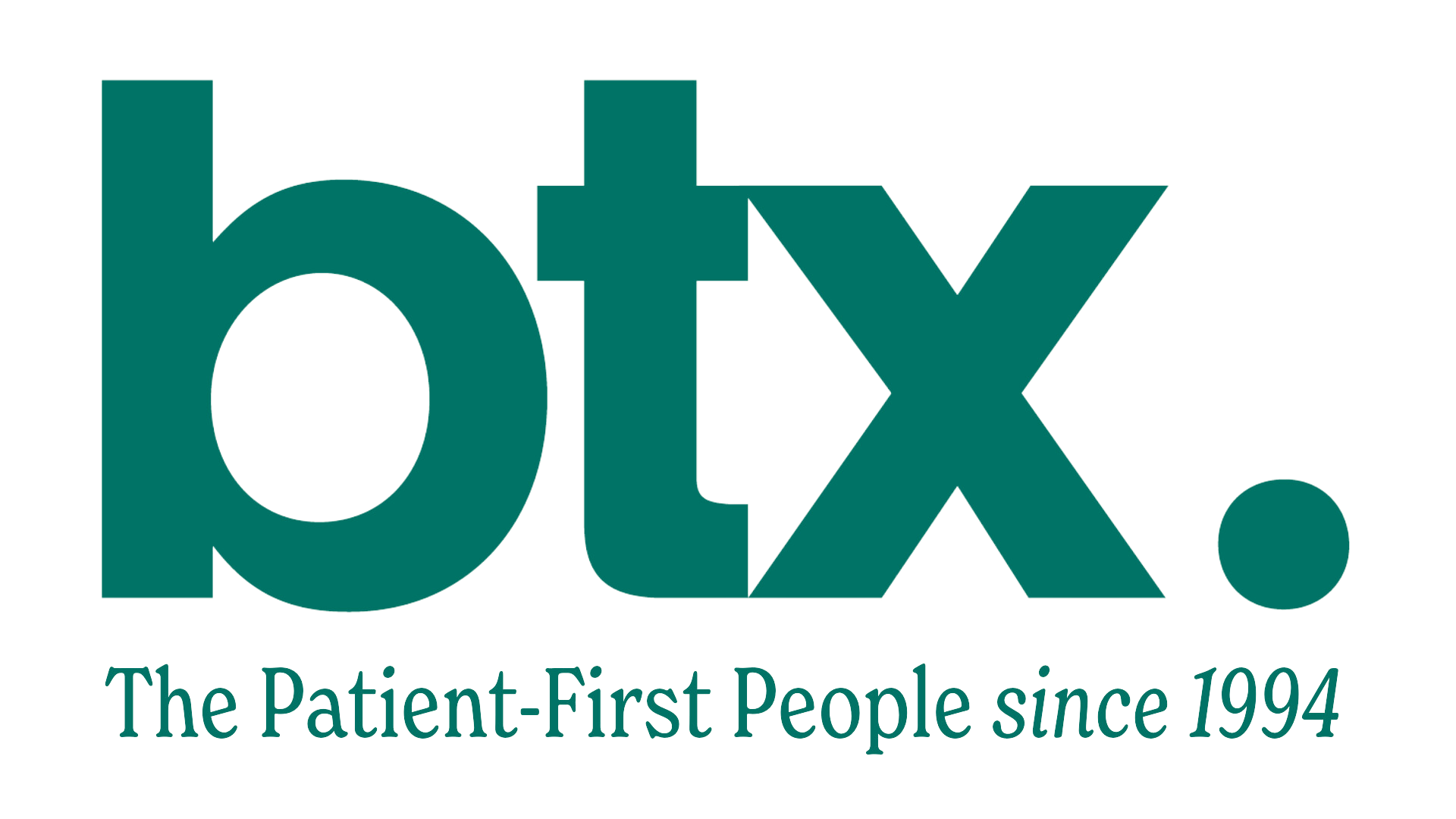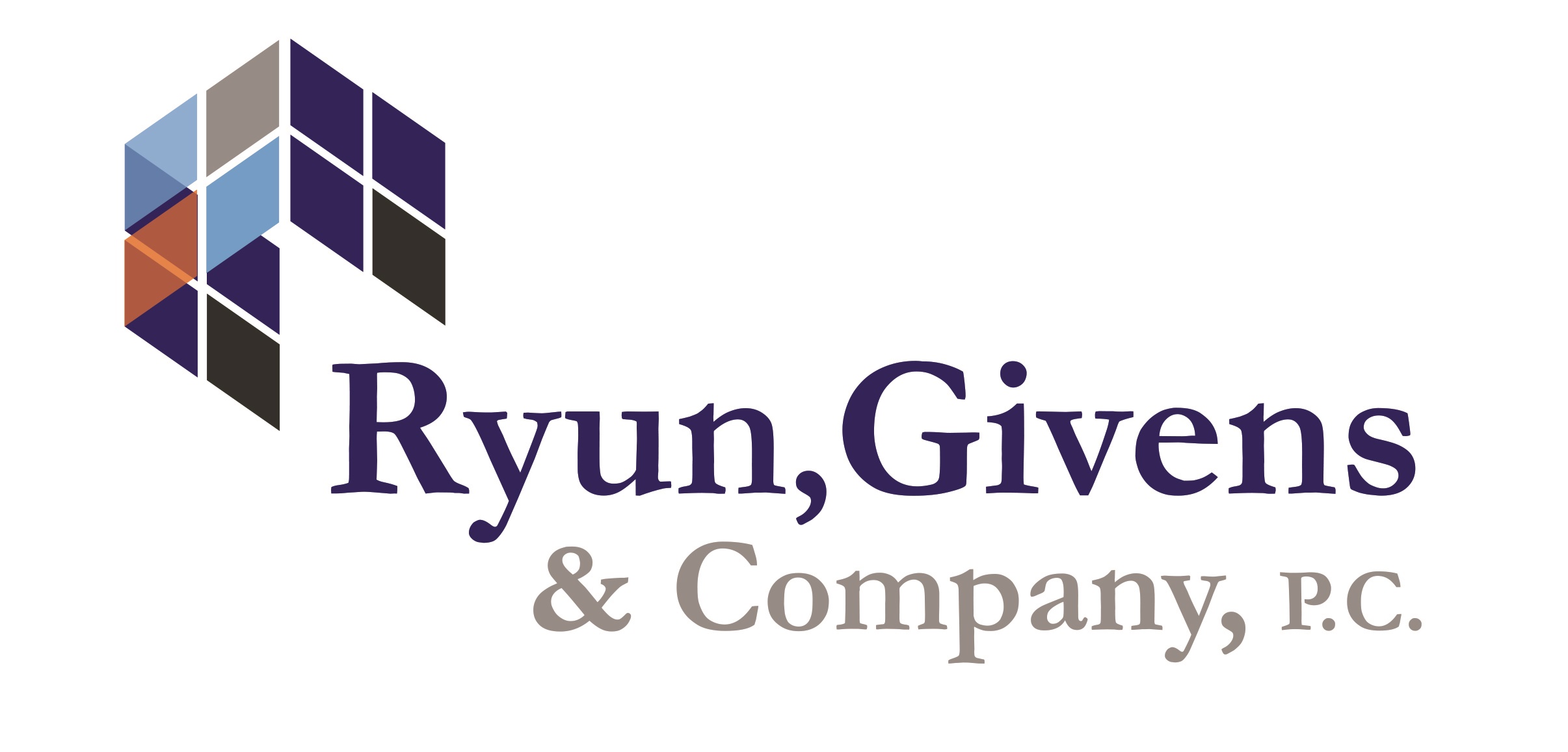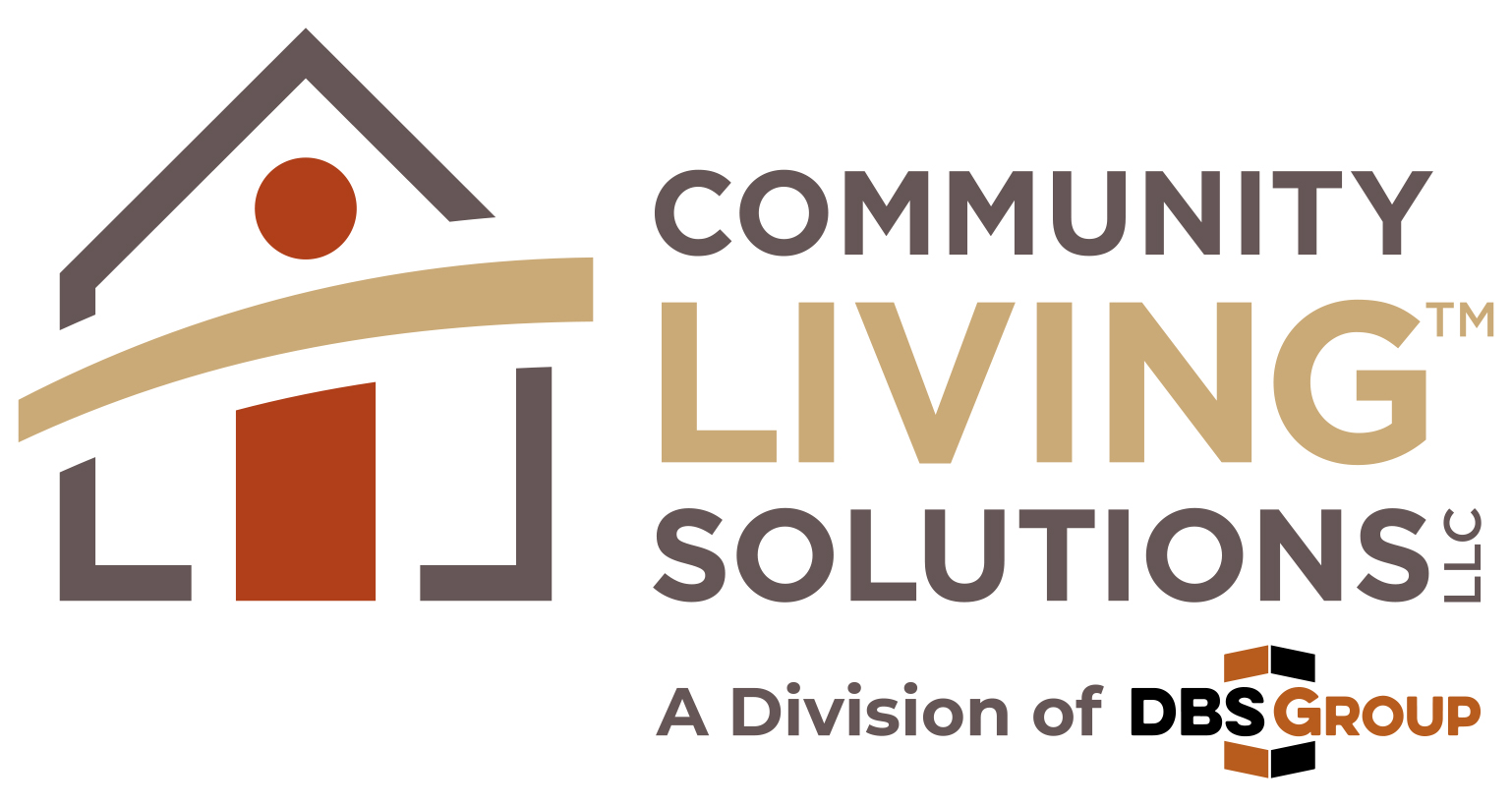|
Assisted Living Rule Review - 481-67.3 Tenant Rights As you may recall, LeadingAge Iowa is bringing members an Assisted Living Rule Review monthly. For the month of February, we will review the tenant rights rules. 481-67.3 states that all tenants have the following rights:
Tenant rights are common insufficiencies cited during recertification, compliant, and incident monitoring visits. The two that stand out as most frequently cited are the first two bullet points (or 1 and 2 in the rules). Consideration, respect and dignity are common concerns identified when DIAL is investigating situations of potential abuse or when tenants report that staff are not kind to them. Ensuring that care, treatment, and services are adequate and appropriate are also frequently cited insufficiencies in circumstances when staff should have assessed tenants more frequently or should have communicated with a tenant’s physician when a change of condition has been identified. These two tenants’ rights can be reviewed to ensure compliance is maintained by reviewing tenant’s records and interviewing the tenants. During the review identify if there are instances when the tenant potentially had a change in condition and ensure that it was addressed appropriately. During interviews ask the tenants how they are treated by the staff and other tenants to ensure that they’re receiving the privacy, dignity, and respect that they deserve. |













